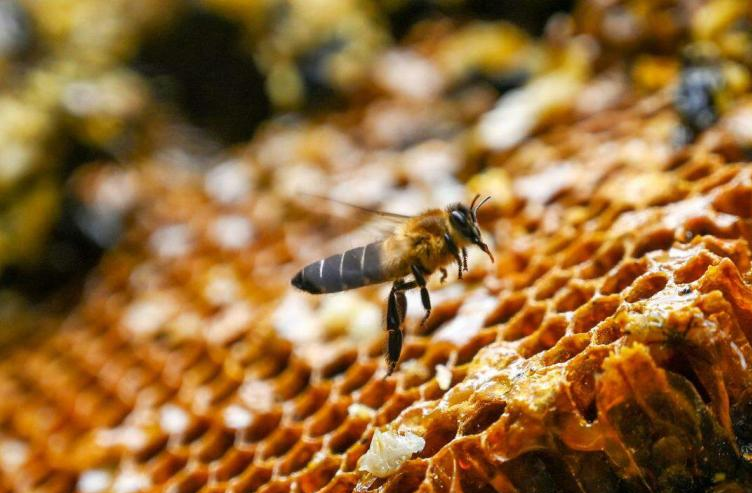
A team from the University of Reading in the United Kingdom recently published a study in the journal Nature Communications, saying that air pollution is far more harmful to bees and other beneficial insects than it is to agricultural pests. The discovery has important implications for agriculture and food security.
Researchers analyzed data from 120 scientific papers to understand how 40 insect species in 19 countries responded to air pollutants such as ozone, nitrogen oxides, sulfur dioxide and particulate matter, Xinhua reported. The research focuses on how air pollution affects insect behavior, including the ability to eat, grow, survive, reproduce, and find food sources. Of all these factors, insects' ability to find food was the most affected by air pollution, with an average decline of about a third.
The study found that pollinators, including bees, some moths and butterflies, lost 39 percent of their foraging efficiency when exposed to higher levels of air pollution. In contrast, aphids and other pests that gnaw on plants were not significantly affected.
Among these air pollutants, ozone is particularly harmful to beneficial insects, reducing their ability to thrive and function in ecosystems by 35 percent. Even ozone levels below current air quality standards can cause serious damage. In addition, nitrogen oxides seriously damage beneficial insects.
Research suggests that many beneficial insects use chemical signals in the air to locate flowers, find mates or feed. Air pollutants can chemically interfere with an insect's ability to detect, fundamentally disrupting its range of perception. In contrast, many pests rely more on direct contact or visual cues, which makes them less susceptible to air pollution interfering with chemical signals in the air.
The researchers point out that the threat of air pollution to some insects that are beneficial to humans has been underestimated, and if air pollution levels are not reduced, they will face further declines and other threats.
Insect populations are already declining worldwide and even moderate levels of air pollution are harming beneficial insects, the study warns, meaning tougher air quality regulations are needed to protect nature's "hardest-working people."

As 2026 approaches, the space sector is once again entering the public spotlight, becoming part of everyday discussion.
As 2026 approaches, the space sector is once again entering…
Microsoft CEO Satya Nadella recently launched a personal bl…
In the early hours of January 3, 2026, flames in the Caribb…
As 2026 begins, the euro area economy remains mired in a "w…
According to Xinhua News Agency, the Ministry of Agricultur…
Recently, the United States launched a military raid on Ven…